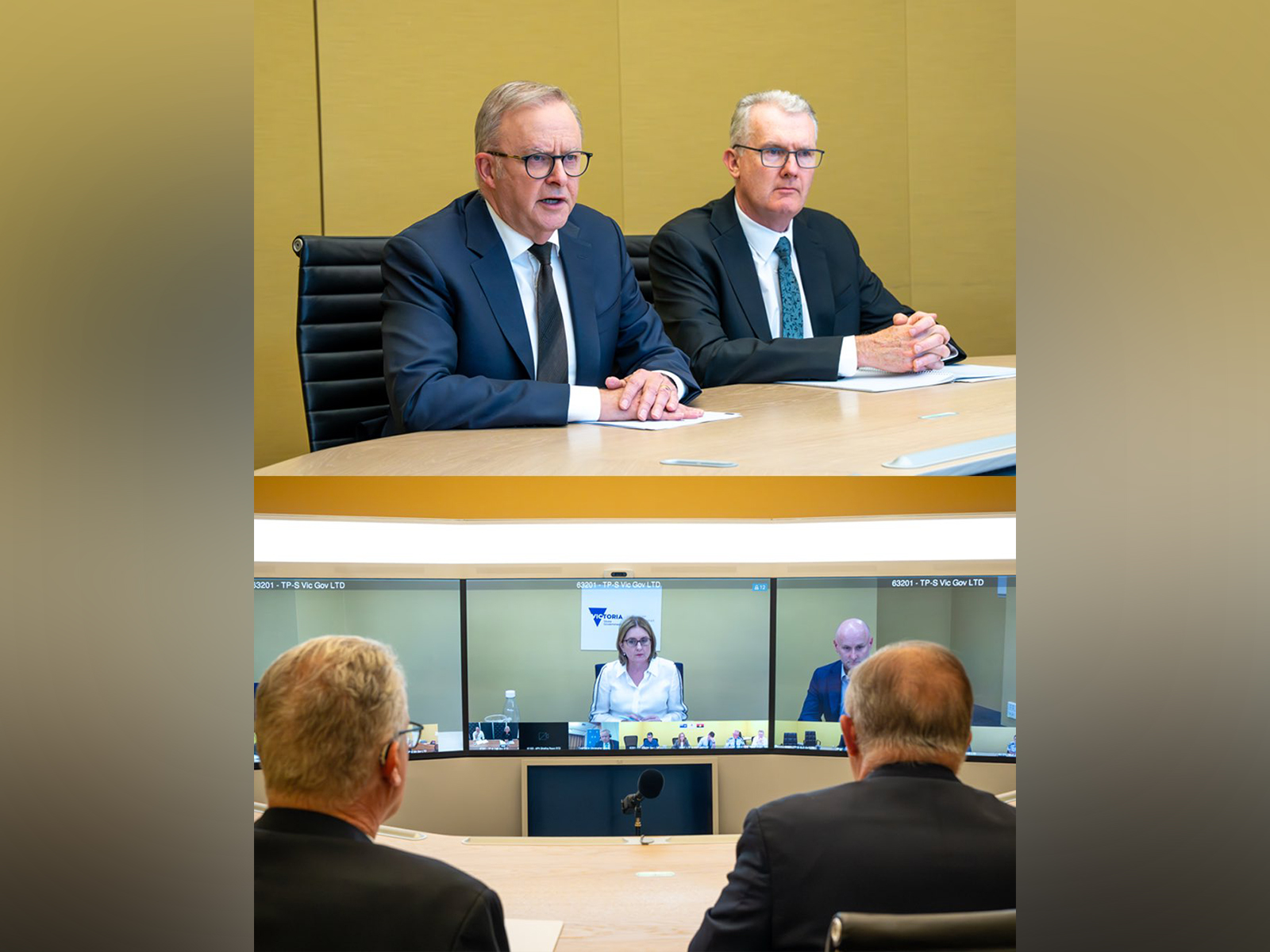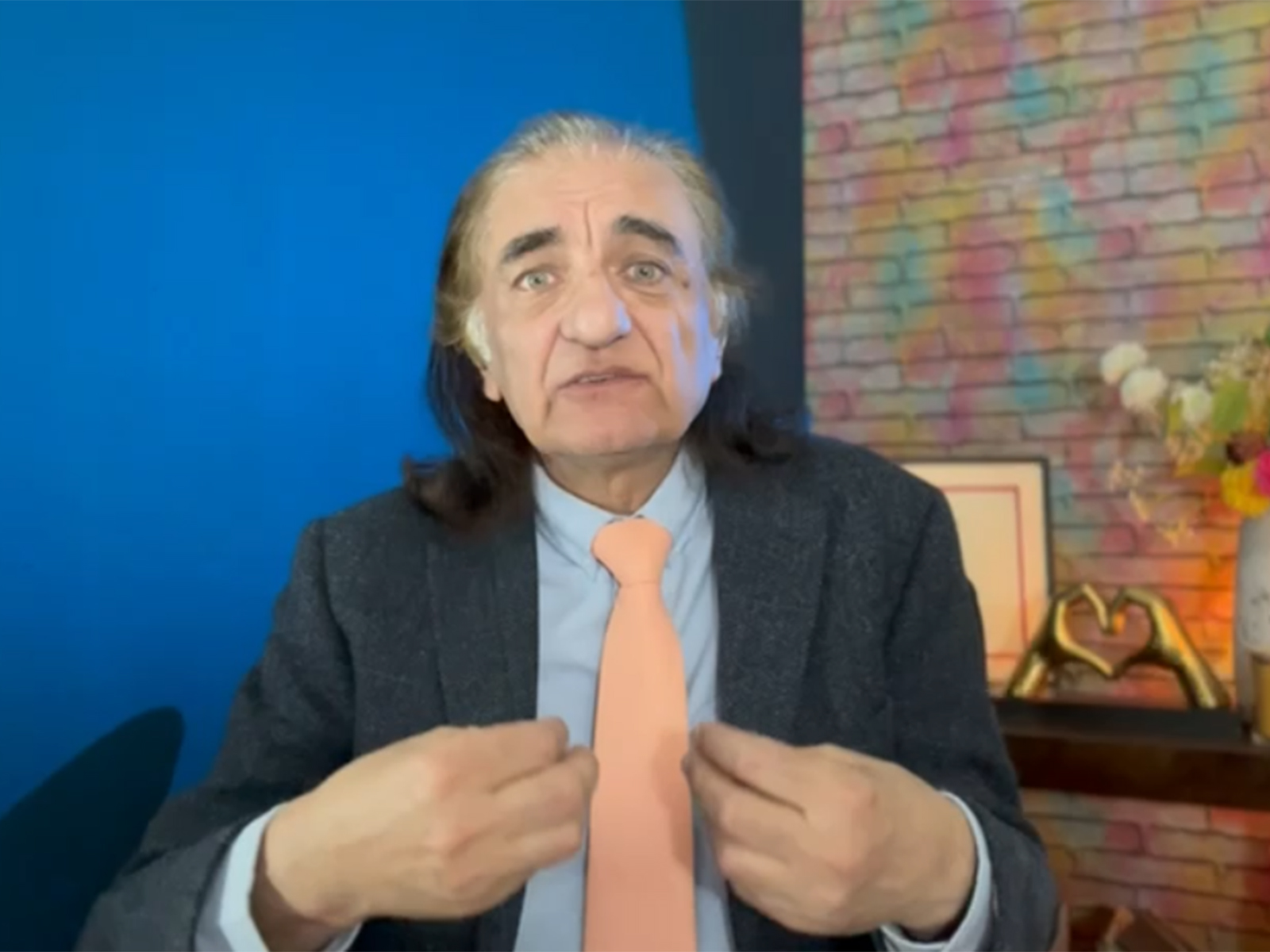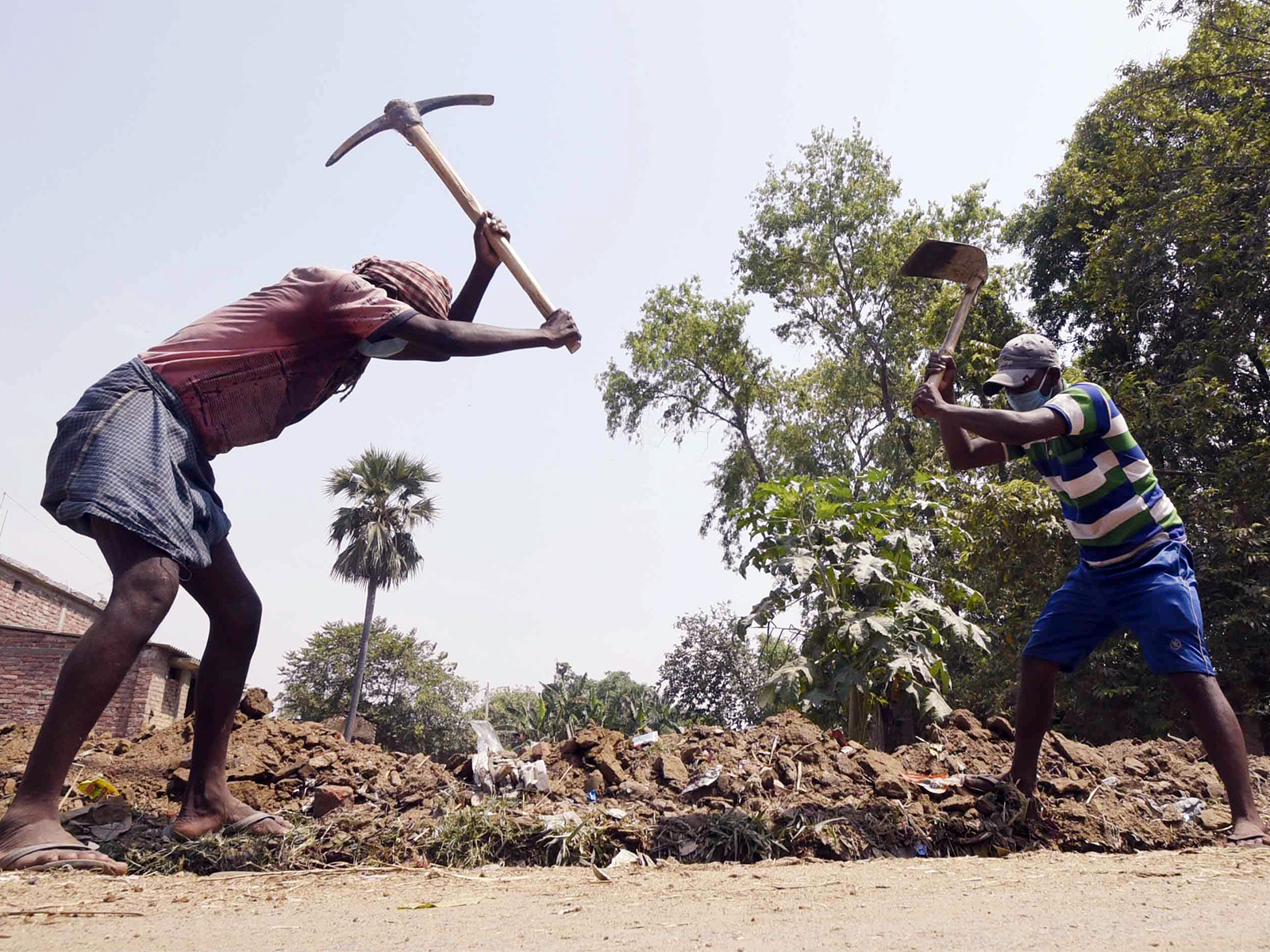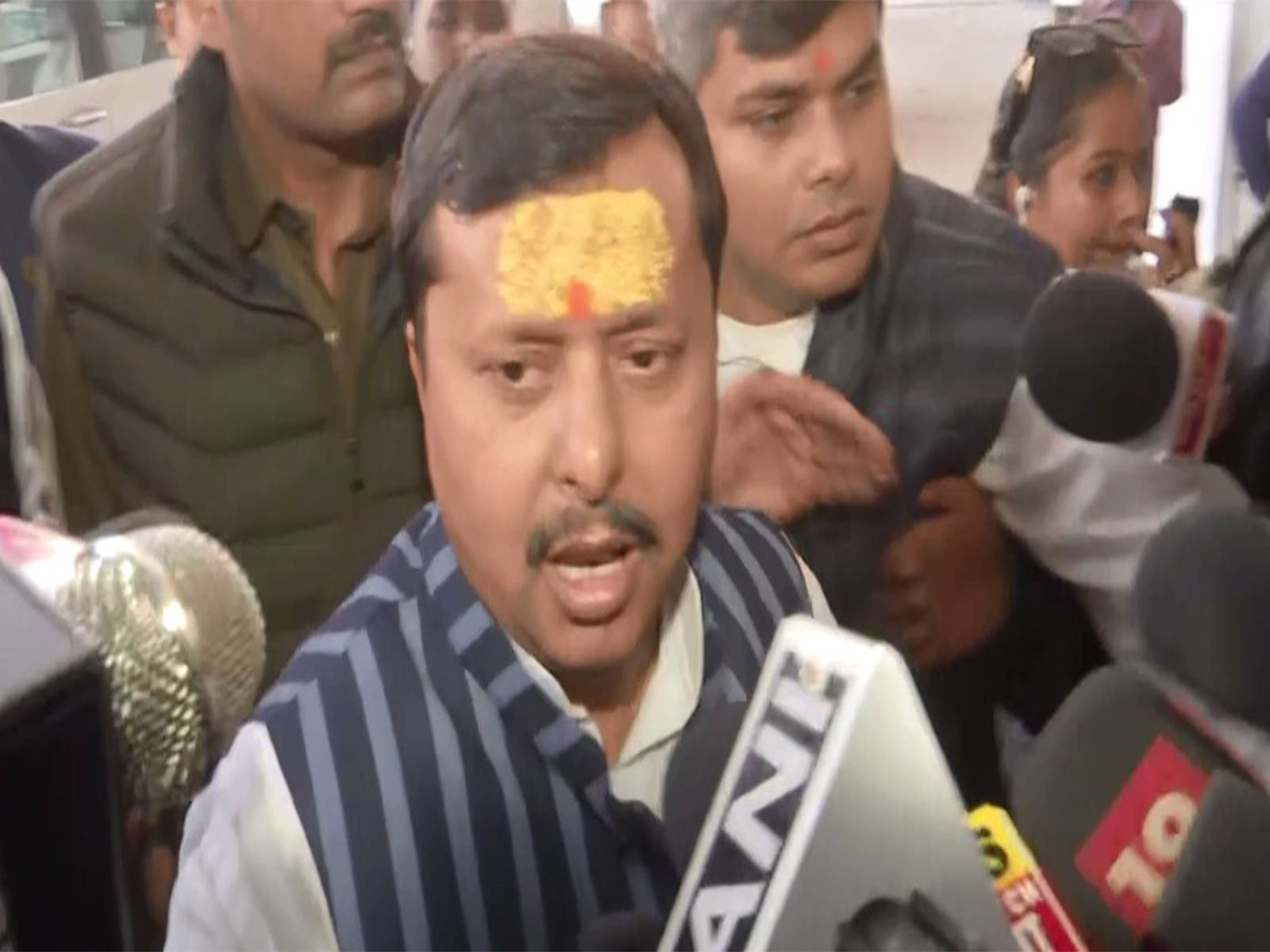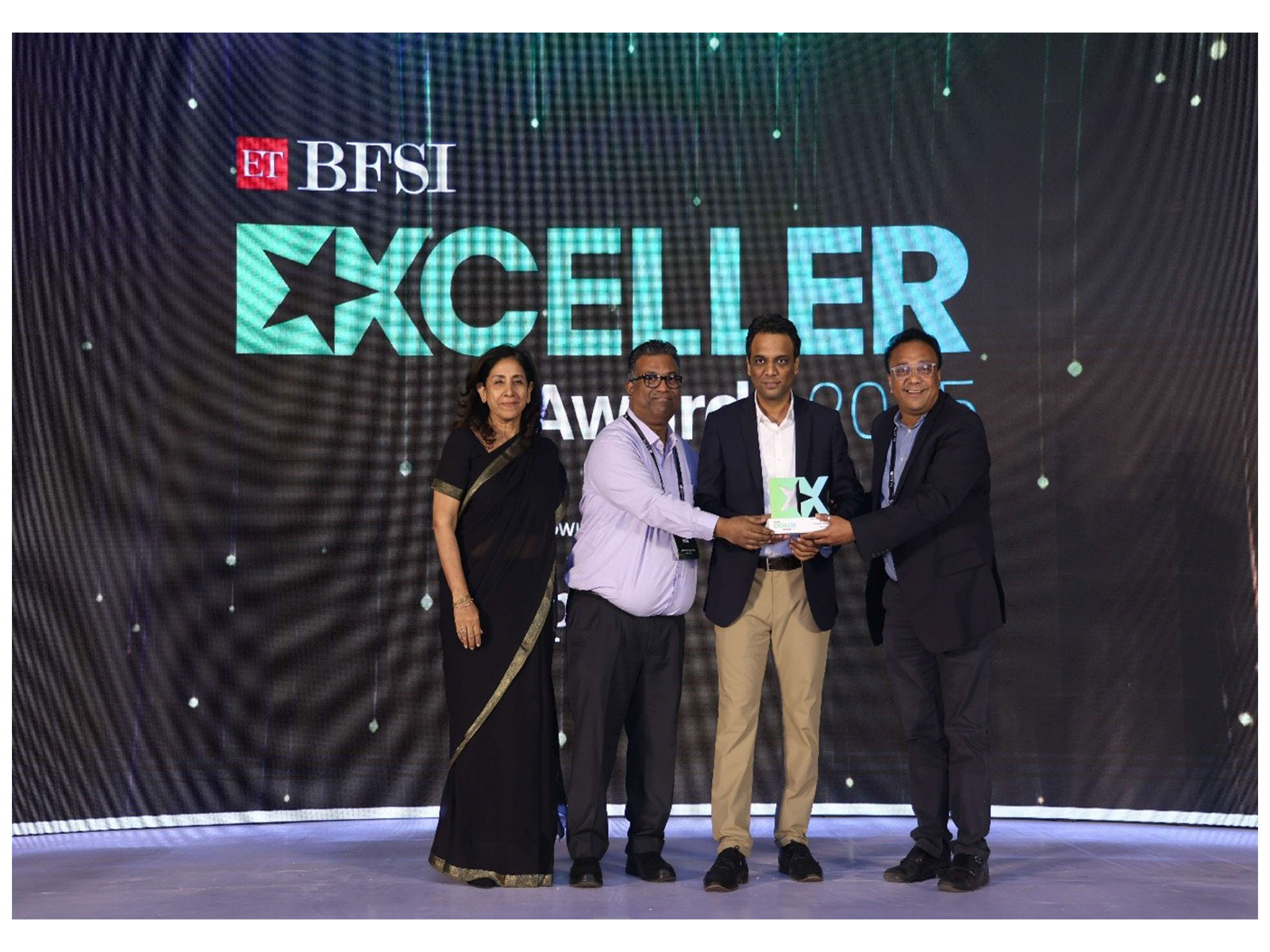Bhutan King unveils Gelephu Mindfulness City SAR Project of 1,000 sq km extending from India to Southeast Asia
Dec 18, 2023

Thimphu [Bhutan], December 18 : Bhutan's King, Jigme Khesar Namgyel Wangchuck, highlighted Gelephu Mindfulness City in his 116th National Day address, emphasising South Asia's ongoing economic transformation and the vast opportunities for the region, home to approximately two billion people.
The proposed land connection from Gelephu or Samdrup Jongkhar, traversing Assam and Northeast Indian states, extends to Myanmar, Thailand, Cambodia, Laos, Vietnam, Malaysia, and Singapore, forming a dynamic economic corridor that bridges South Asia to Southeast Asia.
"We are in a unique position to reap great benefits if we seize the opportunity, make good plans, and work together diligently," said the Bhutanese King in his address.
He also shared that during his recent visit to India, the Indian government had committed to improving roads leading to Bhutan.
"I am also pleased to share that during my recent visit to India, the Government of India expressed their full commitment to improve and expand the major roads leading to Bhutan. They also pledged to connect two or three of our border towns with railway lines. I would like to express our heartfelt gratitude to Prime Minister Narendra Modi and the Government of India for their continued goodwill and support" the King said.
The Gelephu Special Administrative Region (SAR) is envisioned as an autonomous economic hub, endowed with the authority to shape essential laws and policies. With executive autonomy and legal independence, this SAR aims to become a distinctive economic centre, inviting foreign investment through a favorable business environment and compelling incentives, The Bhutanese reported.
Establishing the SAR aligns with the goal of creating a vibrant economic hub that goes beyond conventional models. Rooted in the vision and values of Gross National Happiness (GNH), it aspires to be a Mindfulness City, fostering conscious and sustainable businesses inspired by Bhutan's Buddhist spiritual heritage and unique identity.
To ensure alignment with Bhutanese culture and values, there will be a rigorous screening process for companies and individuals coming to Gelephu. The invitation-only approach will allow Bhutan to select businesses that align with the country's interests and values, according to The Bhutanese.
Spanning 1000 sq km, or 2,50,000 acres, the Gelephu Mindfulness City represents only 2.5 percent of Bhutan's total surface area. The project is expected to bring substantial benefits to the entire country, necessitating significant investments in public infrastructure such as roads, bridges, and airports, the report also said.
The growth in economic activities is anticipated to create opportunities for the private sector, generating demand for goods and services. This, in turn, will benefit all dzongkhags, particularly farmers, providing niche markets for various products. Foreign Direct Investment (FDI) is expected to bring more job opportunities for the youth, offering international salary scales and access to advanced technology and skills.
King Wangchuk highlighted three immediate priority areas to support the Gelephu project: Energy, Connectivity, and Skills.
Bhutan aims to expand its energy sector by harnessing various sources, including solar, wind, thermal, and hydropower. These initiatives are poised to contribute to a flourishing economy, reducing the need for migration and allowing for more equitable wealth distribution to the people.
In his address, Wangchuk also emphasised that while attracting investments, boosting trade, and creating employment are apparent goals of the Gelephu project, it holds unparalleled significance for his reign and the current generation. Describing it as a pivotal moment in history, he stressed the project's transformative nature.
"During my reign as King, and for our generation, this is one of the most significant undertakings. It is an inflection point, a moment in history that is very important for us."
Gelephu is envisioned as more than an economic center; it is positioned to become a gateway connecting Bhutan to the world and shaping the nation's future. The Butan King also said that the road's role as a conduit to global markets, capital, innovative ideas, knowledge, and technology--an avenue to chart Bhutan's destiny.
"I became King at 26, and now I am 43 years old. I will do everything in my power to realise this vision. I will put my own life on the line. And I will do it for your sake. Because you are an extraordinary and noble people. You are extraordinary in your devotion to one another and your love for the country," he also said.


